Prepare to embark on a journey to the mesmerizing city of Dubai, where culture and modernity entwine in a captivating dance. Travel is a gateway to discovering the richness of new cultures and habits, and Dubai, with its complex blend of traditions, is a prime example of this.
Imagine a world where the global village offers familiar shops and restaurants at every turn. Yet, beneath this surface, diversity thrives. Have you ever pondered how a city like Dubai manages to balance the allure of international brands with its own distinctive Middle Eastern identity? The answer lies in its intricate layers.
Dubai’s story is one of fascinating contrasts, where Starbucks coffee mingles with age-old traditions and the latest iPhones coexist with deeply-rooted values. It’s not about labeling it as good or bad; it’s about celebrating the unique tapestry that defines the city.
To elevate your thrilling Dubai journey, we’ve compiled Unbelievable Dubai Facts that will truly astonish you.
Table of Contents
1. Dubai’s Love for Opulence and Astonishing Prestige
Dubai, a city of affluence, exudes luxury at every turn. Opulent cars and extravagant yachts are a common sight, and the desire to flaunt one’s success is unmistakable.
Sheikh Mohammed, the ruler of Dubai, possesses the world’s third-largest yacht, the MY Dubai. This 531-foot marvel comes with a jaw-dropping price tag of 400 million USD and has the capacity to accommodate 115 individuals. It’s a testament to Dubai’s penchant for extravagance.
Dubai is renowned for its ambitious projects that, at their inception, might seem too audacious to materialize. Yet, time and again, this city defies expectations and transforms dreams into reality. The iconic Palm Jumeirah is a prime example of this visionary approach, but Dubai boasts a plethora of such remarkable endeavors. The city’s leaders dare to dream big and, remarkably, they make those dreams a tangible part of Dubai’s extraordinary landscape.
2. Dubai Adapts to Global Norms with Its 2.5-Day Weekend
Dubai’s recent shift in its weekend schedule reflects a global outlook. The city has aligned its weekend structure with international standards, embracing a 2.5-day weekend. This new arrangement includes half a day starting from noon on Friday, along with the traditional Saturday and Sunday.
Official working hours now span from 7.30 AM to 3.30 PM, Monday through Thursday, and 7.30 AM to 12 PM on Friday. This transition signifies a departure from the previous weekend format, which neither mirrored the typical Western Saturday-Sunday weekend nor the Thursday-Friday weekend seen in some Muslim countries.
The change, effective as of January 2022, is part of Dubai’s effort to better synchronize with global financial markets, showcasing its commitment to international standards and practices.
3. Dubai’s Unique Lavatory Experience: Water Hoses in Every Bathroom
Dubai offers a distinctive restroom encounter with a feature that might bewilder many. In this city, every toilet comes equipped with a water hose, a convenience that leaves 98% of foreign expats scratching their heads.
It’s not uncommon to step into a restroom and witness water trickling down the walls and ceiling, while the previous occupant remains dry. The mysteries of what transpired within can baffle onlookers, prompting some to seek alternative facilities.
In many Muslim countries, a toilet hose serves the purpose of personal cleansing. As a tourist in Dubai, you need not fully embrace this system, as toilet paper is readily available in tourist facilities. However, the true value of the water hose becomes apparent when you find yourself in a more traditional restroom in the Middle East. It’s a unique aspect of Dubai’s bathroom culture that adds a fascinating layer to the city’s character.
4. Dubai’s Remarkable Transformation: From Desert to Global Hub
Dubai’s metamorphosis from a vast desert expanse into a global city in the span of two decades is a testament to visionary leadership. Sheikh Rashid’s concerns about Dubai’s post-oil future laid the foundation for this remarkable journey, with Sheikh Mohammed at the helm, steering the city towards its present-day global prominence.
Every return to Dubai unveils an ever-evolving landscape. The city’s perpetual transformation is a marvel, with new buildings, tourist attractions, and innovations continuously shaping its identity. Dubai is a dynamic destination, offering something fresh with each visit, making it a place of enduring intrigue and change.
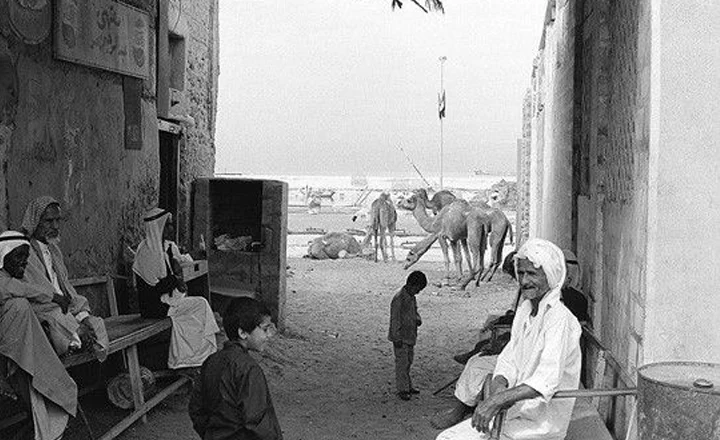
5. Dubai’s Unquenchable Thirst: The World’s Highest Water Consumption
Dubai’s insatiable need for water stands as a striking feature of this desert metropolis. The UAE holds the record for the highest water consumption globally, with a staggering 550 liters per person daily, surpassing the global average by approximately 80%.
One key factor driving this astounding water demand is the relentless pursuit of cooling. Dubai, situated amidst a scorching desert with temperatures soaring above 50°C (120°F) and frequent sandstorms, necessitates extensive cooling efforts. Engineers grapple with the colossal challenge of cooling skyscrapers, some exceeding 100 stories, by utilizing deep groundwater pumping systems.
The city’s unyielding demand for water underscores the innovative solutions employed to sustain its modern marvels amid a challenging arid climate, solidifying Dubai’s position as a pioneering hub for technology and engineering.
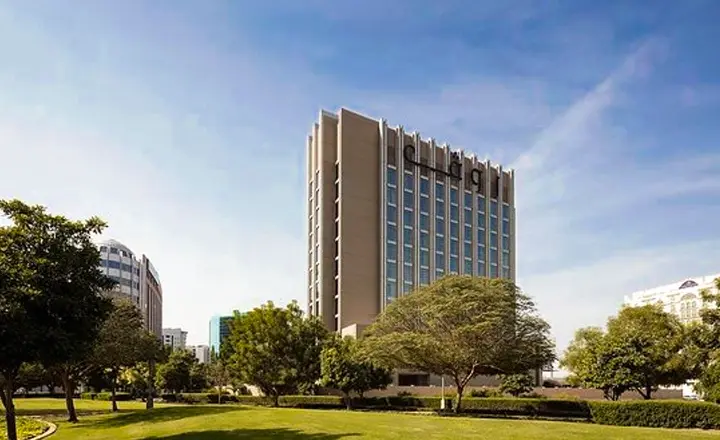
6. The World’s Tallest Building, Burj Khalifa
In the United Arab Emirates, the quest for superlatives is a way of life, from towering skyscrapers to extravagant shopping malls. Leading the charge is the iconic Burj Khalifa, the world’s tallest building, soaring to a breathtaking height of 828 meters (2,717 feet) with 163 floors, dwarfing even the renowned Eiffel Tower in Paris.
Dubai’s ambitions didn’t stop there. In 2016, construction began on the ambitious Dubai Creek Tower, slated to reach an astonishing 1,300 meters (4,265 feet), poised to be the tallest manmade structure ever erected. Its goal was to outshine a rival project in Saudi Arabia, set to eclipse Burj Khalifa. Yet, due to unforeseen interruptions and the global pandemic, the future of Dubai Creek Tower remains uncertain, leaving Burj Khalifa to maintain its prestigious title as the world’s tallest building, a symbol of Dubai’s unyielding commitment to architectural excellence.
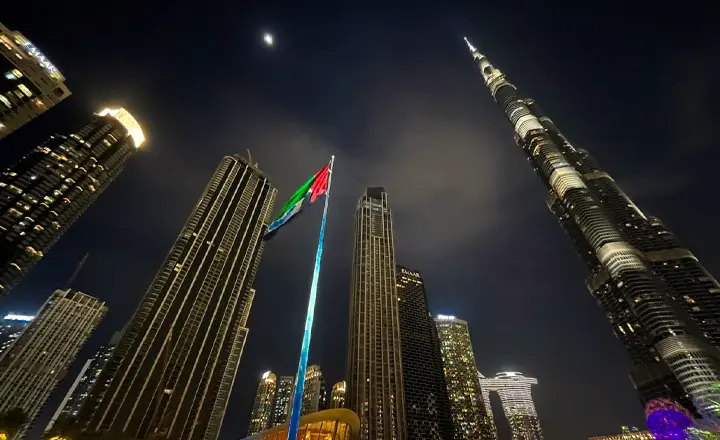
7. Dubai’s Diversity: Foreigners Dominate Population and Soaring Growth
In the United Arab Emirates, the ratio of foreigners to locals is staggering, with recent data revealing that over 88% of the population comprises expatriates. This proportion likely surpasses that in Dubai city, where the international influence is most pronounced.
Obtaining citizenship is a distant prospect, available only after 20 years of residency. Among the foreign workforce, a significant contingent hails from India, Bangladesh, and Pakistan, particularly in construction roles.
The UAE’s population growth is among the world’s highest, experiencing a phenomenal surge since 1965 when the nation counted 150,000 residents. By 2015, this number skyrocketed to 9.26 million, with the most rapid expansion occurring from 2003 to 2011. As of 2022, the UAE population stands at 9.99 million, and Dubai alone houses a substantial portion, with 3.4 million people, underscoring the city’s magnetic appeal to individuals from around the globe.
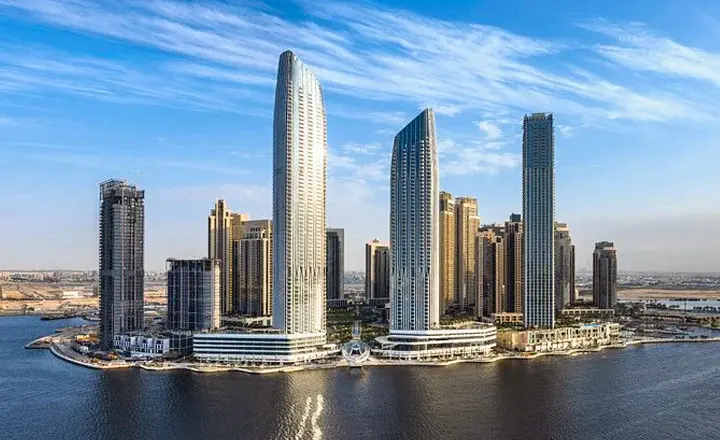
8. Dubai’s Police Fleet: A Lineup of the World’s Most Luxurious Cars
Dubai’s police force boasts a fleet that defies convention. They patrol the city’s streets in the likes of the Ferrari FF, Lamborghini Aventador, and the extravagant Aston Martin One-77, each a masterpiece in its own right.
These vehicles, with price tags ranging from 400,000 to 1.79 million USD, exhibit not only the city’s commitment to unparalleled luxury but also its ability to surprise and captivate. The Dubai police fleet stands as a symbol of the city’s opulence, turning heads and creating a unique blend of law enforcement and high-performance automobiles.
While these cars may not be standard police cruisers, they serve as a testament to Dubai’s penchant for luxury, elegance, and the extraordinary, making a statement that echoes throughout the world of law enforcement.
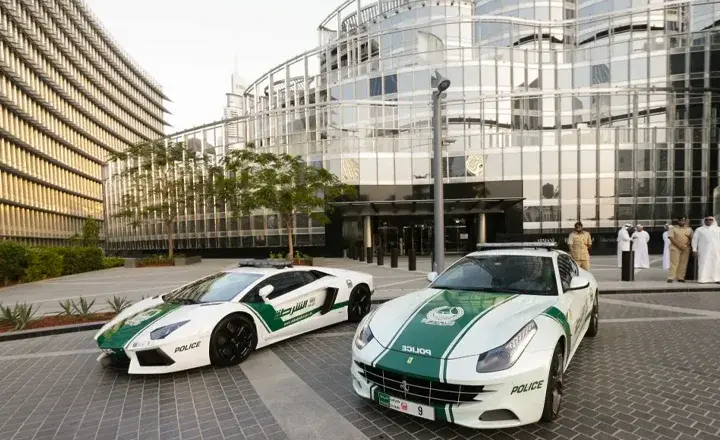
9. Dubai’s Golden ATMs: Dispensing Precious Metal, Not Cash
In Dubai, a city synonymous with opulence, you’ll discover a unique marvel – ATMs that dispense not currency, but solid gold. This novel concept epitomizes the city’s embrace of luxury, where even monetary transactions are tinted with extravagance.
Dubai plays a pivotal role in the world’s gold trade, facilitating approximately 40% of global physical gold transactions. A visit to the Dubai Gold Souk, one of the finest gold markets in the world, presents an array of gleaming opportunities for gold enthusiasts.
These gold-dispensing ATMs are a vivid representation of the city’s dedication to the precious metal, making it effortlessly accessible to residents and visitors. Whether you’re a collector, investor, or simply a curious traveler, Dubai’s golden ATMs add a touch of brilliance to the city’s reputation as a treasure trove of luxury and extravagance.
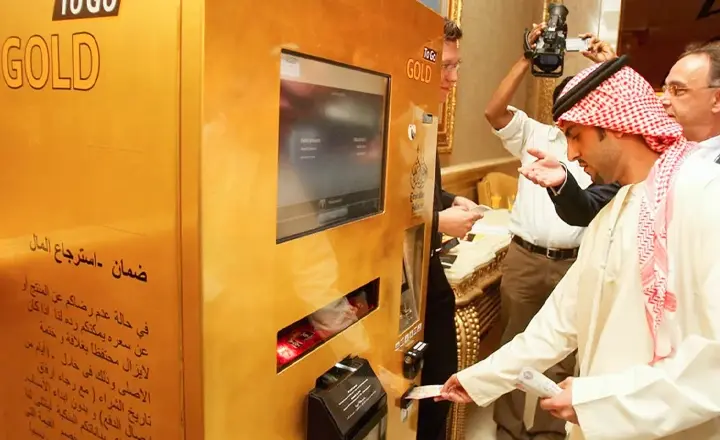
10. Camel Races in the Middle East: The Rise of Robot Jockeys
In the Middle East, camel racing is a cherished tradition, but due to the size of the camels, only children can participate in this thrilling sport. However, a dark shadow loomed as thousands of children were trafficked and subjected to abuse in the past, prompting some countries to reconsider the sport.
Qatar emerged with a pioneering solution by introducing remote-controlled, child-sized robots to take the reins in camel racing. This innovative shift has not only safeguarded the well-being of young jockeys but also breathed new life into this multimillion-dollar sport, keeping it an integral part of the region’s cultural heritage.
The rise of robot jockeys marks a significant transformation in a beloved tradition, making camel racing safer and more sustainable while preserving its deep-rooted importance in Middle Eastern culture.
11. Dubai’s Hotel Boom: A Never-Ending Expansion
Dubai’s relentless appetite for growth extends to the realm of hospitality, with a staggering surge in the number of hotels and rooms available. As of the start of 2023, the city boasts an impressive tally of 814 hotels, collectively offering a whopping 148,877 rooms.
This meteoric rise in the hotel industry reveals a remarkable trend. Just a few years ago, in 2019, the city had 544 hotels with 100,700 rooms. Going further back to 2016, there were 64,000 hotel rooms, underscoring the astounding transformation.
Dubai’s dedication to continuous expansion remains evident, with no signs of slowing down. The city’s growth story in the hotel sector not only keeps pace with its ever-evolving skyline but also reflects the insatiable global appetite for this iconic destination, making it a thriving hub for travelers from around the world.
12. Dubai Metro Etiquette: No Eating or Drinking Allowed
Dubai’s modern and efficient metro system boasts strict regulations, one of which is a notable prohibition on consuming food or beverages during the commute. This policy is enforced with fines for those who choose to disregard it.
The rule serves multiple purposes, from maintaining the metro’s cleanliness to ensuring passenger comfort and safety. Dubai Metro’s commitment to providing a pristine and pleasant travel experience is evident through these regulations.
Passengers are encouraged to adhere to the guidelines, respecting the rules that keep the metro system in top-notch condition. With its reputation for efficiency and innovation, Dubai Metro’s no-food-or-drink policy is just one of the many ways in which the city’s transport system sets the bar high for mass transit worldwide.
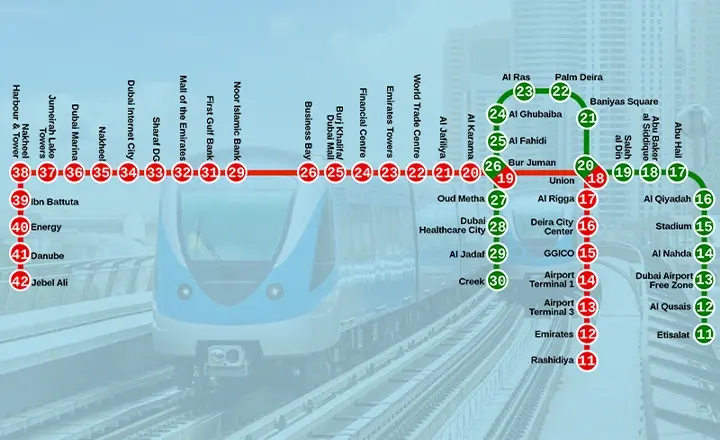
Dubai Unveiled: Essential Facts You Need to Know
Dubai, a city of contrasts, reveals a tapestry of intriguing facts beyond its glamour and exuberance. Here are some vital nuggets of information for those seeking a deeper understanding of this vibrant metropolis:
- Language and Religion: Dubai’s official language is Arabic, and the predominant religion is Islam.
- Currency: The United Arab Emirates dirham (AED) is the official currency used for transactions in the city.
- Time Zone: Dubai operates on GMT+4, setting its local time in this time zone.
- Rainfall Rarity: Rainfall in Dubai is a rare occurrence, with just a few drops and approximately 15-30 rainy days annually.
- Ideal Visit Time: To savor the best of Dubai, plan your visit during the cooler months, spanning from November to April. Summers can be scorching, with daytime temperatures often exceeding 40°C (103°F) and nighttime temperatures hovering around 30°C (86°F).
These essential facts provide a foundation for exploring Dubai’s multifaceted identity, where tradition and modernity converge in a city unlike any other.
Last Words
Dubai is a city that defies expectations, where the extraordinary becomes the norm. Its towering skyscrapers, bustling souks, and diverse culture create a unique blend of tradition and modernity. As you explore this dynamic metropolis, whether admiring the world’s tallest building, marveling at gold-dispensing ATMs, or riding the efficient Dubai Metro, you’ll encounter a city that never ceases to amaze.
Remember that Dubai is more than just a destination; it’s a vibrant tapestry of cultures, traditions, and innovation. So, as you venture into the heart of this desert jewel, embrace the unexpected, revel in its grandeur, and immerse yourself in a world of captivating wonders. Dubai is not just a place; it’s an experience, one that promises to stay with you long after you’ve left its shimmering skyline.
FAQ
Now, we gonna answer some questions
What is the weekend schedule in Dubai, and when did it change to a 2.5-day weekend?
In Dubai, the weekend schedule was revised to a 2.5-day weekend, which includes a half-day from noon on Friday, along with the traditional Saturday and Sunday. This change was implemented in January 2022 to align more with international markets and global norms.
Why does Dubai have so many foreign expatriates, and what is the percentage of foreigners compared to locals?
Dubai’s high percentage of foreigners, which is over 88% of the population, can be attributed to the city’s appeal as a global business and tourism hub. The city’s thriving job market, economic opportunities, and expatriate-friendly policies have made it a magnet for people from around the world.
How many hotels are there in Dubai, and how has the hotel industry evolved in recent years?
At the beginning of 2023, Dubai boasted 814 hotels with a total of 148,877 rooms. This represents a significant growth from 2016 when there were 64,000 hotel rooms. Dubai’s hotel industry is on a continuous expansion trajectory, reflecting the city’s ever-evolving and dynamic tourism sector.
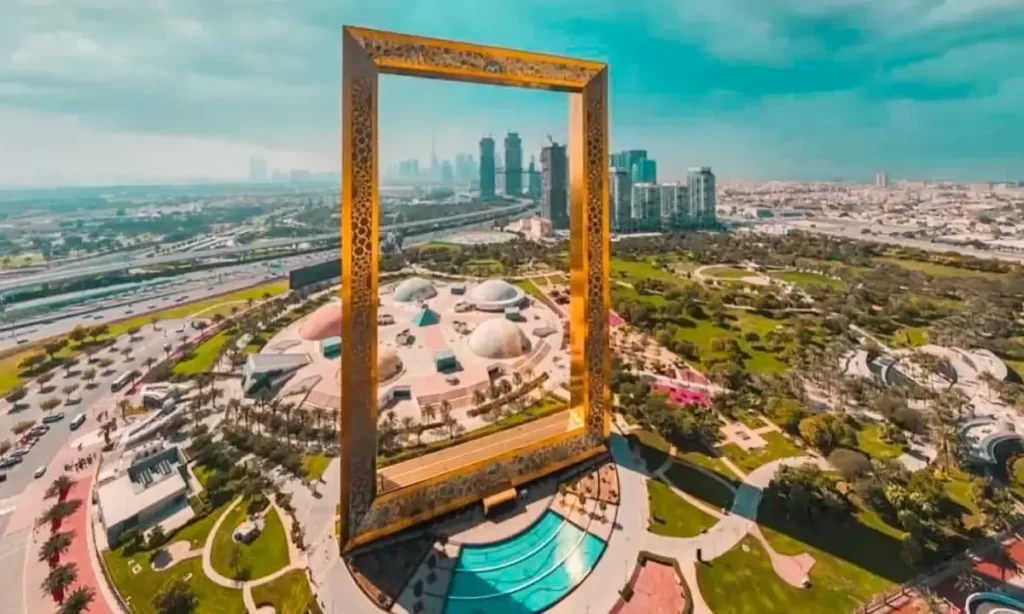

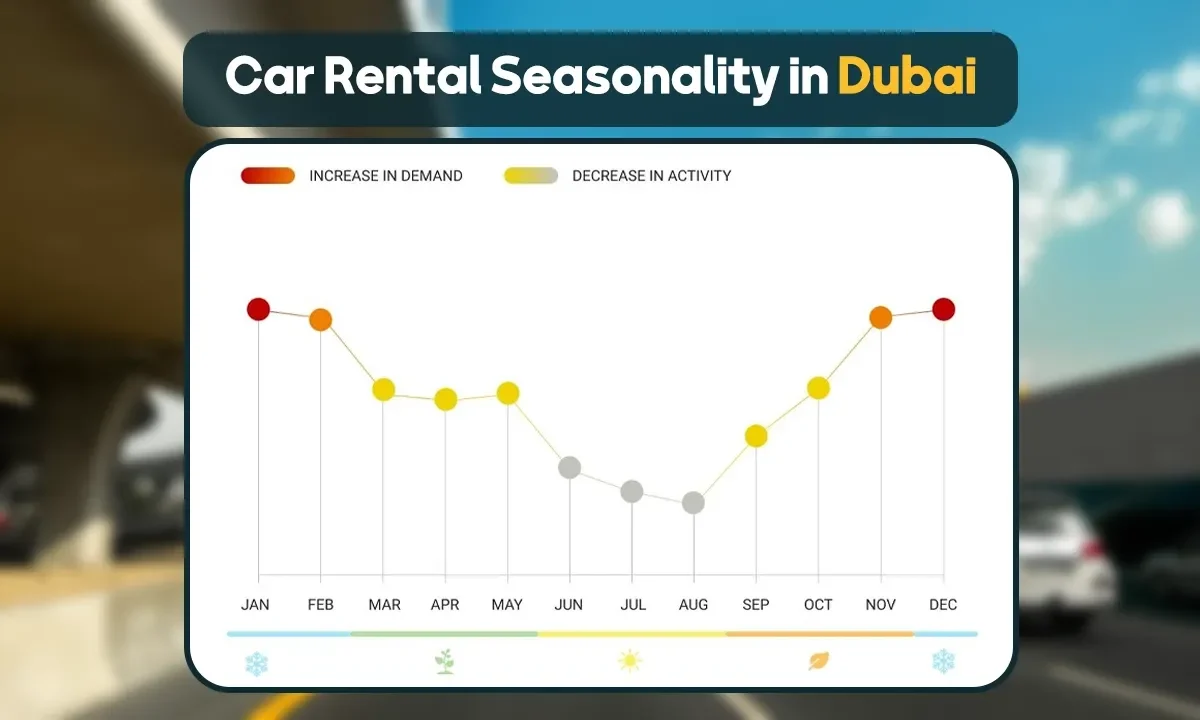
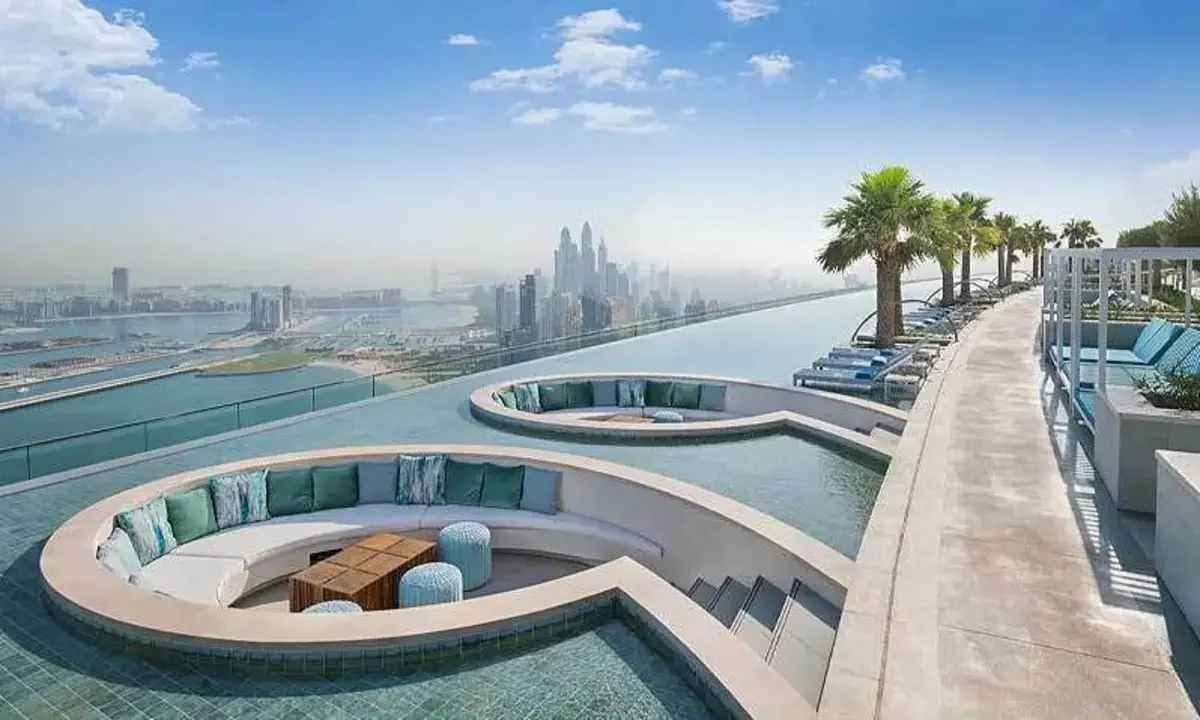
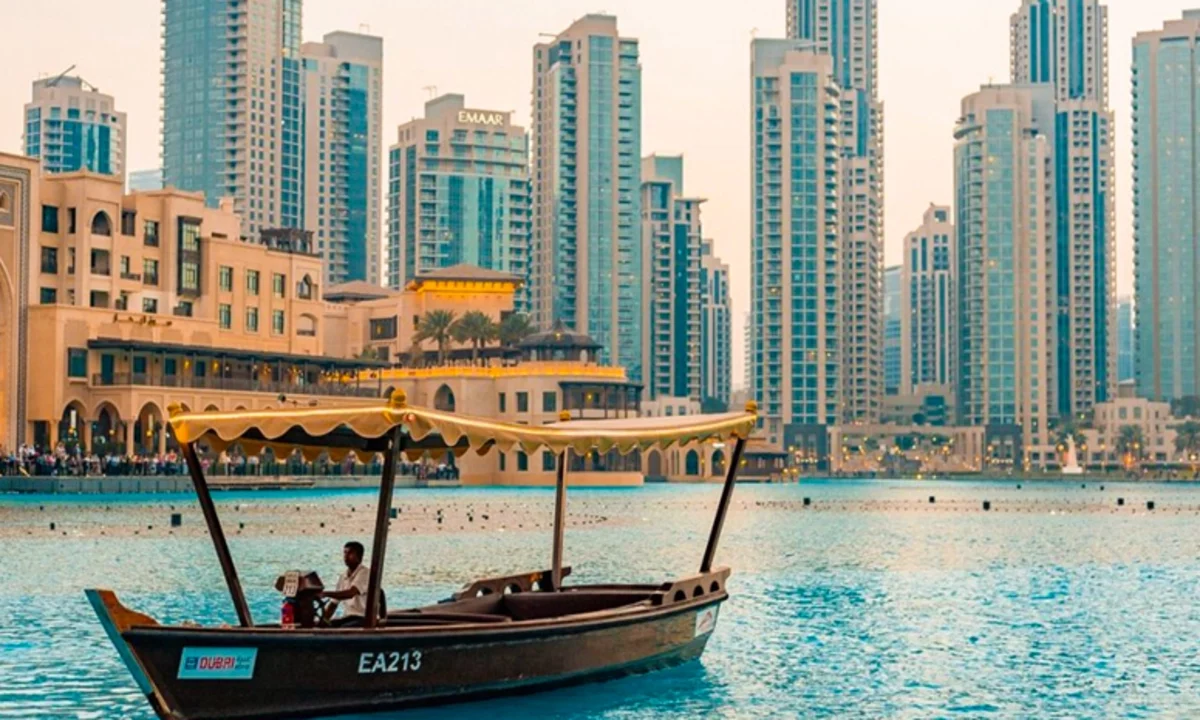

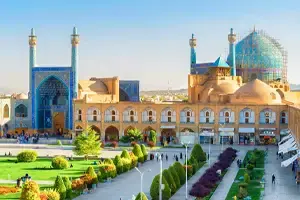
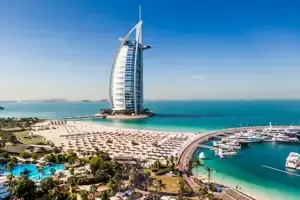
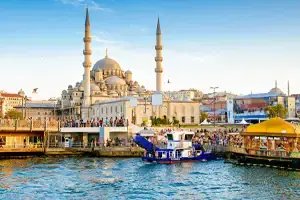
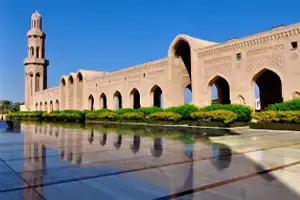
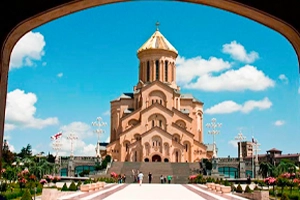
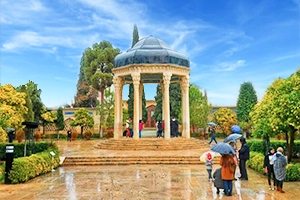
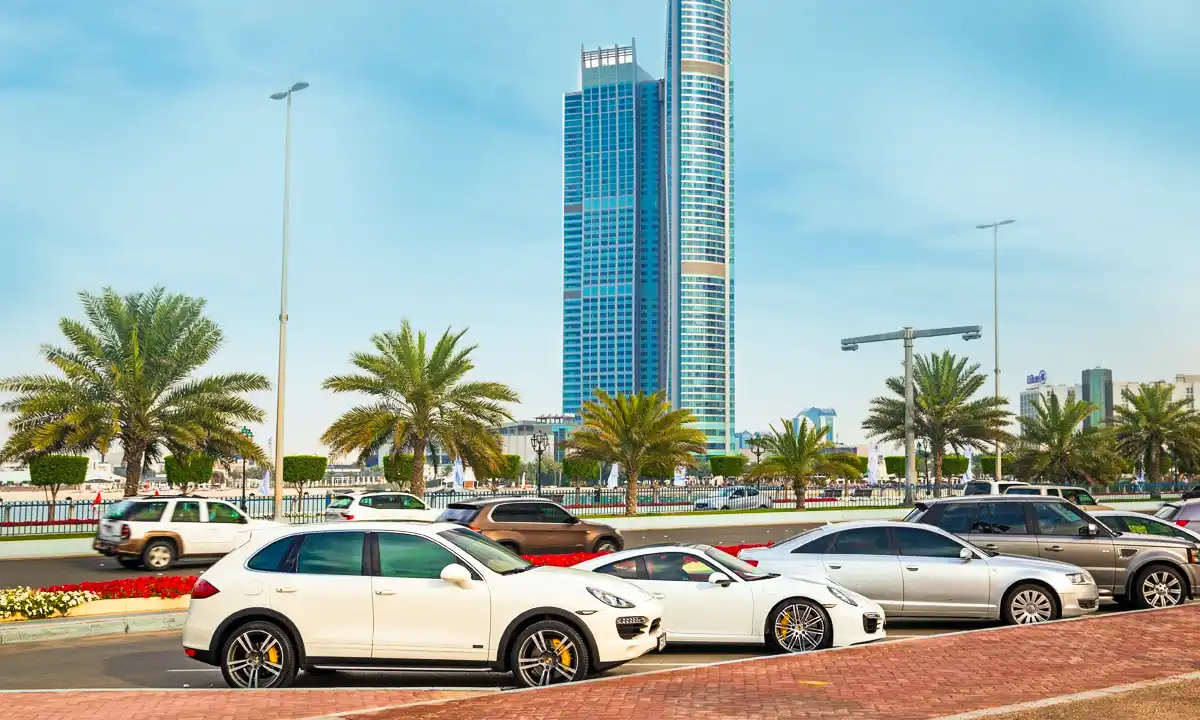
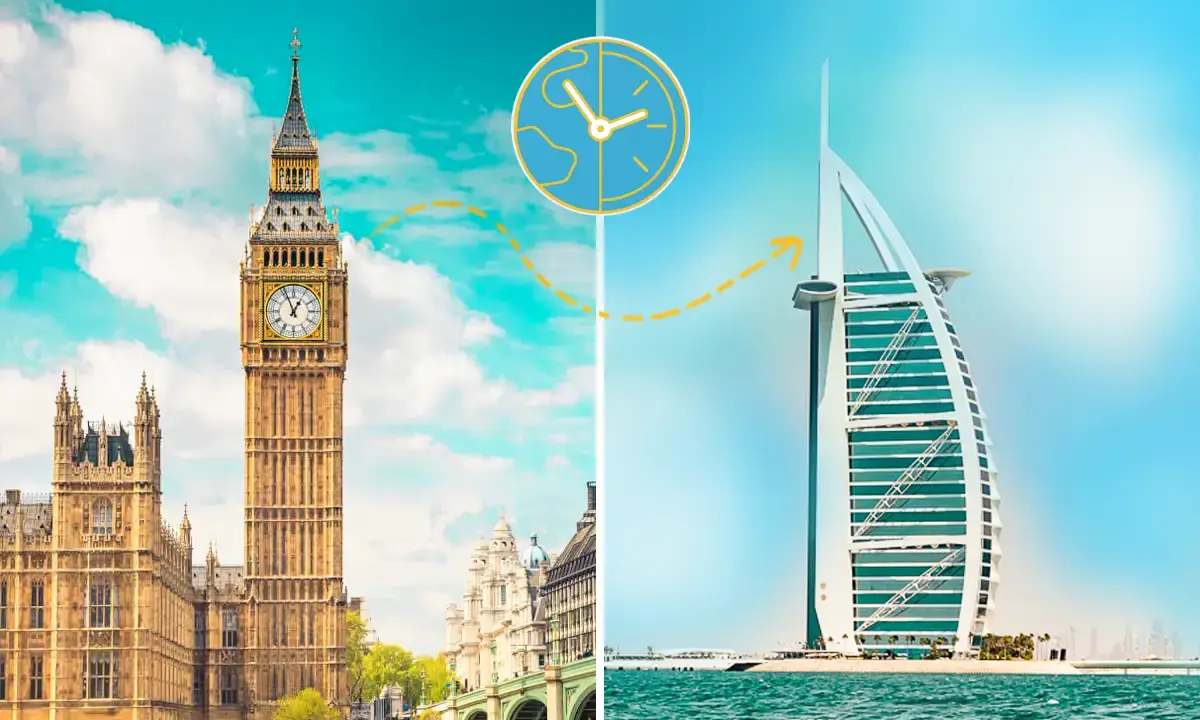
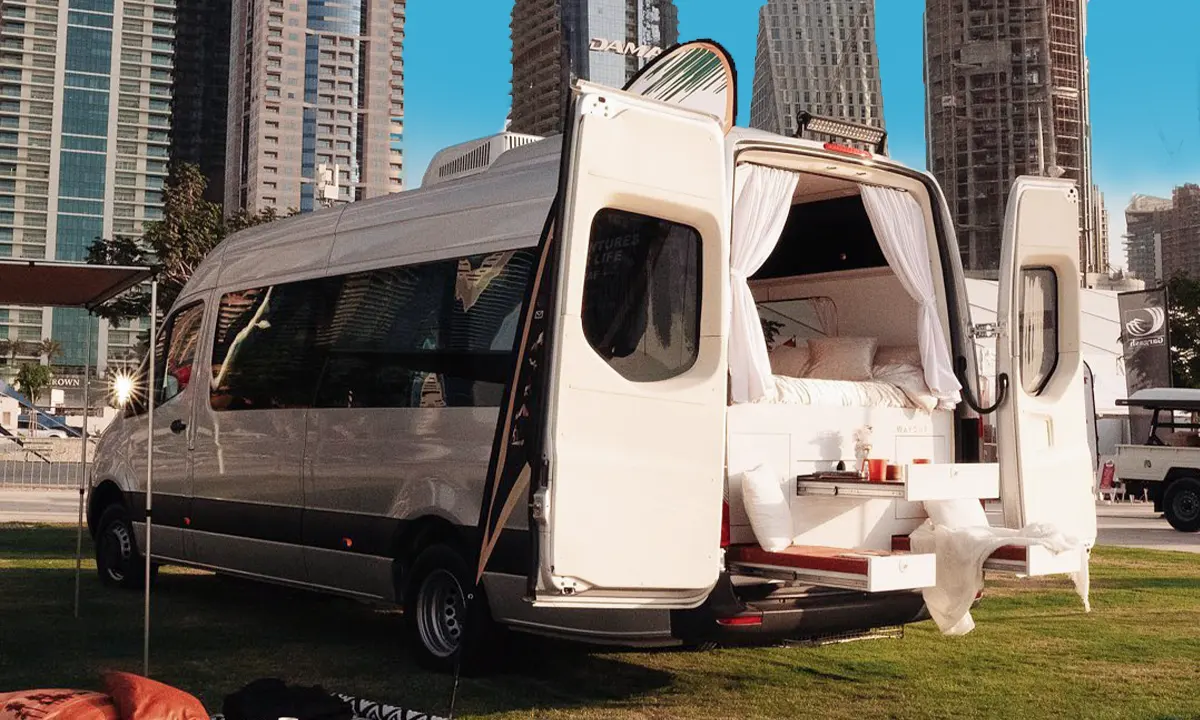
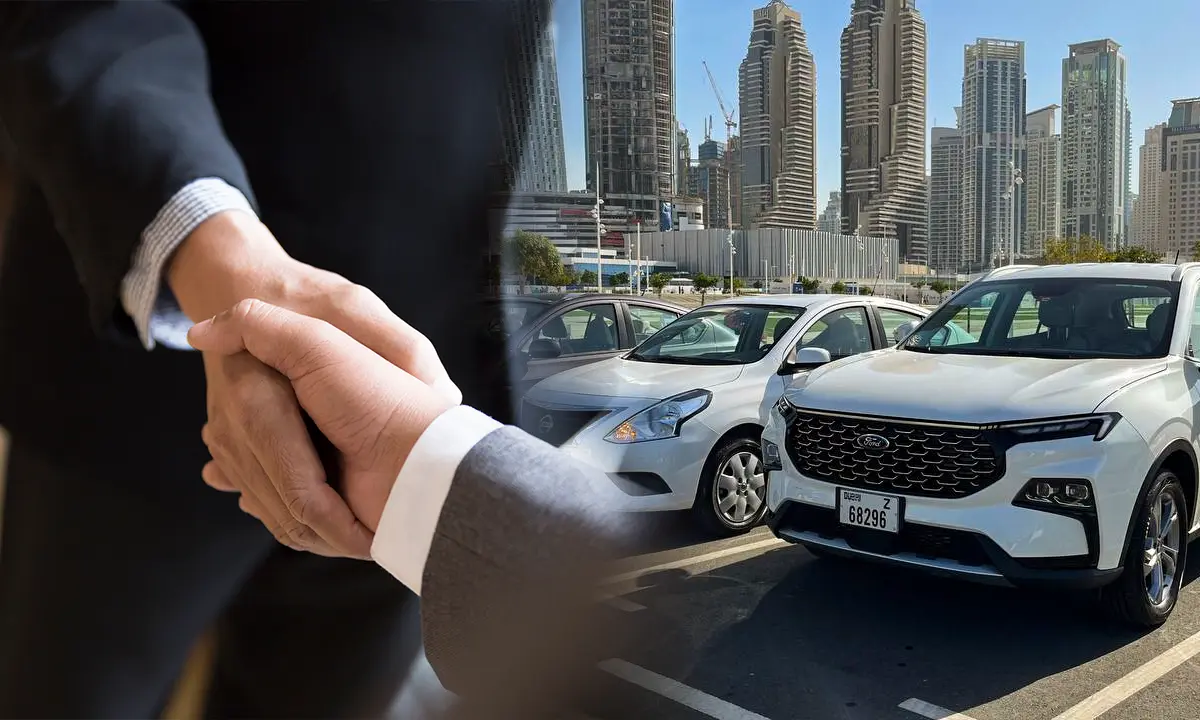
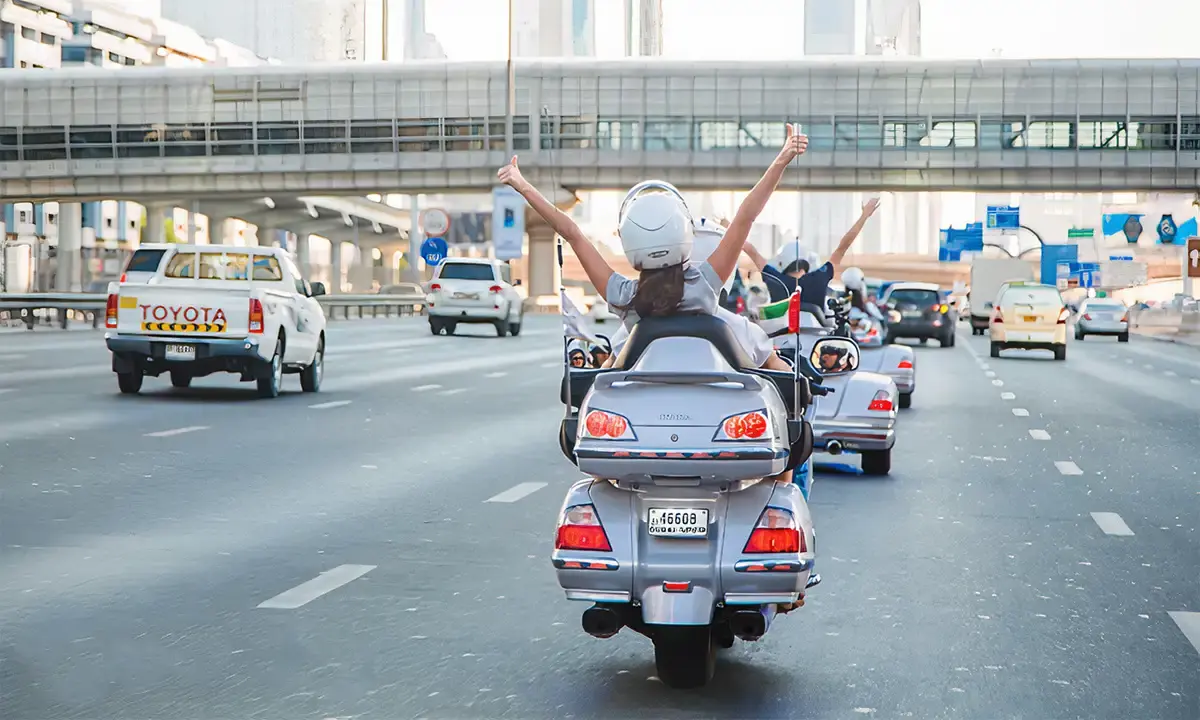
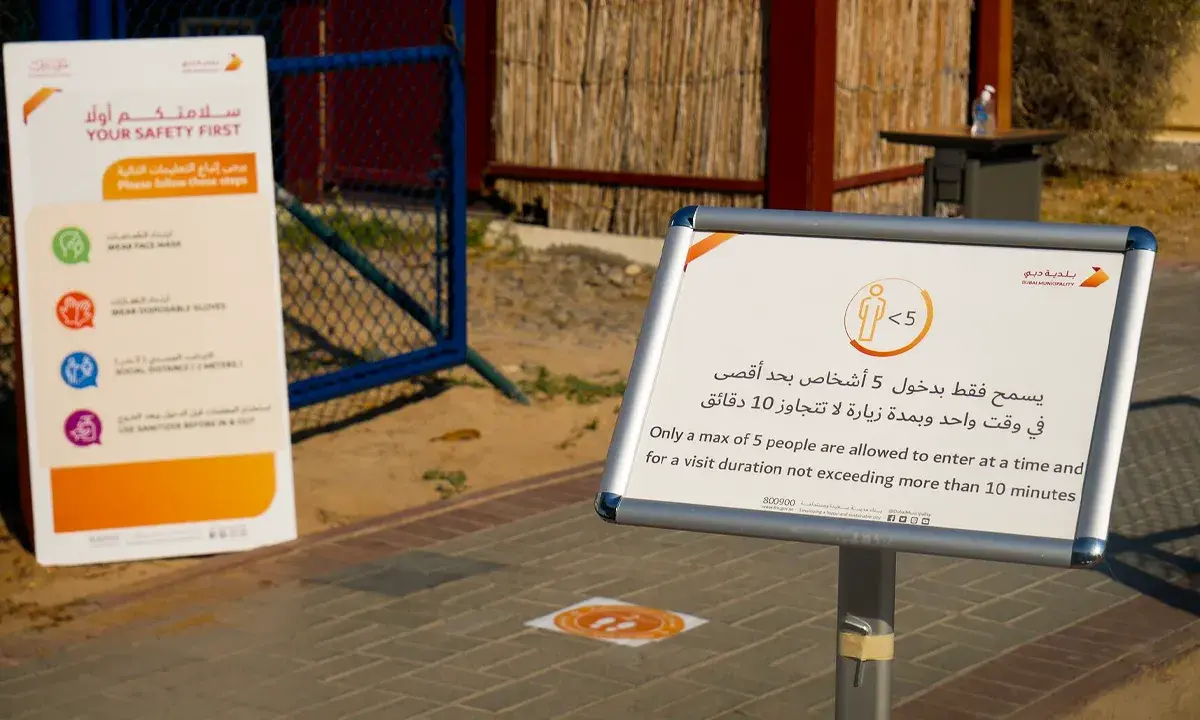




Is there a limit for gold withdrawal from Gold ATMs?
Yes, There is limit for 2000$ per day